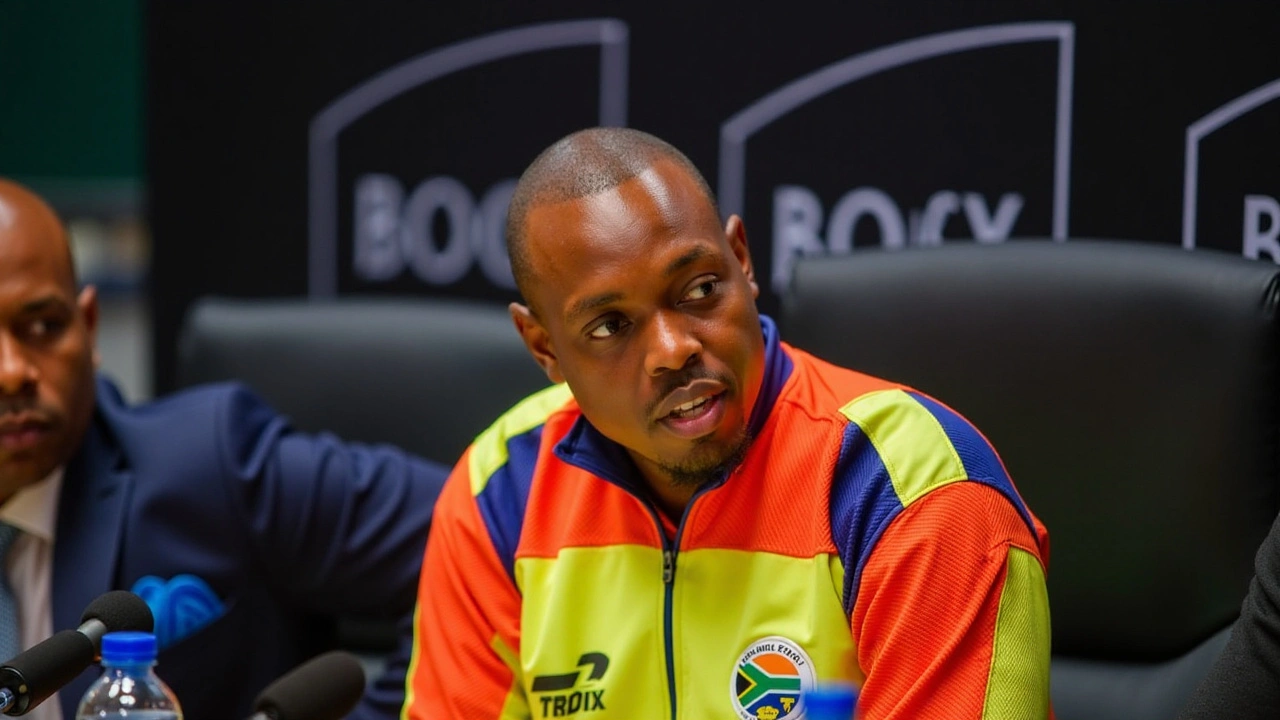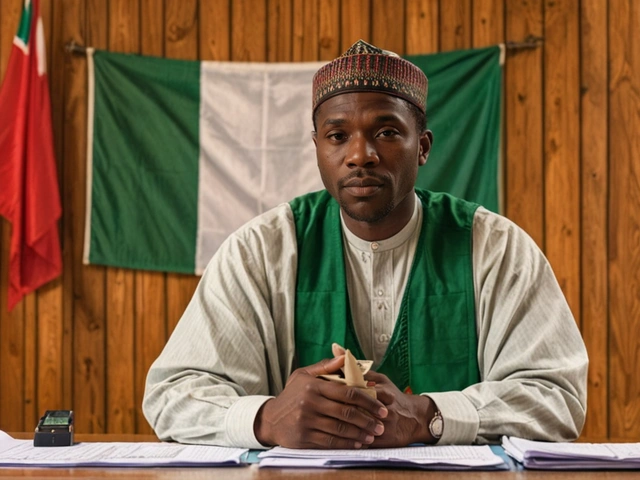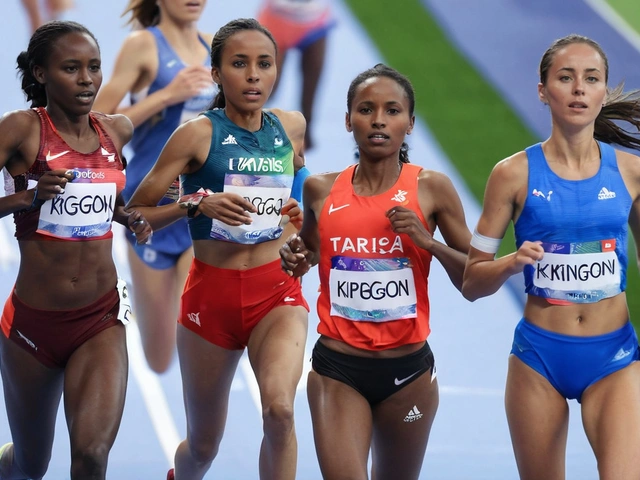Johannesburg Mayor Gwamanda Resigns Amid Mounting Pressure and Scrutiny
In a move that has sent shockwaves through Johannesburg's political landscape, Mayor Gwamanda has officially resigned from his position. The resignation, announced suddenly, has sparked a flurry of reactions and speculations, both from the public and within political circles. Having taken up the mantle of leadership in 2022, Gwamanda's tenure, albeit brief, has been laden with significant challenges ranging from infrastructural issues to widespread public dissatisfaction and intense political tensions.
The Burdens of Leadership
Gwamanda's leadership period was anything but smooth sailing. The city of Johannesburg, a crucial economic hub in South Africa, has been grappling with myriad issues that have placed immense pressure on its administration. From failing infrastructure and mounting public grievances to the heightened scrutiny from political adversaries, Gwamanda's administration was continually in the spotlight, often for the wrong reasons.
Under his term, several infrastructural projects faced delays or were fraught with issues, leading to public outcry. Matters such as unreliable electricity supply, deteriorating roads, and water shortages became a regular feature of the city's landscape. These were not merely administrative challenges but touchpoints of daily life for the residents of Johannesburg, who clamored for urgent attention and effective governance.
A Politically Charged Environment
The political climate around Gwamanda's tenure was equally turbulent. Situated within a highly competitive and politically charged environment, Gwamanda found himself contending with adversaries both within and outside his administrative framework. Political tensions exacerbated existing administrative challenges, making it increasingly difficult to push through effective policies and reforms.
Additionally, the city council was often divided, with factions forming around different ideologies and strategies for tackling the city's issues. This division only served to hamper decision-making processes, further intensifying the pressure on Gwamanda's leadership. With mounting criticism from various quarters, it became increasingly apparent that any administrative misstep would be magnified manifold.
Public Reaction and Mixed Sentiments
The public's reaction to Gwamanda's resignation has been mixed. While some sections of the populace expressed relief, hoping for a fresh start and newfound direction for Johannesburg, others lamented the loss of a leader they felt had potential but was hamstrung by insurmountable challenges. The city, which has a diverse demographic, mirrored these divided sentiments in its response.
Proponents of Gwamanda believe he was a devoted leader who did his best under the circumstances. They argue that the pressures and limitations he faced were systemic issues that required more than one leader's efforts to resolve. In contrast, critics argue that effective leadership should be able to navigate such pressures and bring about tangible changes despite the hurdles.
The City Council's Next Steps
With Gwamanda's resignation, the attention now turns to the city council, which is tasked with steering Johannesburg through this transitional phase. An emergency meeting has been called to discuss the appointment of an interim mayor, someone who can hold the reins until a permanent replacement is found. This process, however, is expected to be fraught with its own set of challenges given the city's current political climate.
The selection of an interim mayor is a significant decision, one that could set the tone for Johannesburg's immediate future. The council's deliberations would need to balance various interests and factions within the city administration, ensuring that the selected candidate has the support and confidence of both the council members and the general public.
Reflections on Gwamanda's Tenure
An objective reflection on Gwamanda's tenure reveals a scenario where systemic challenges often overshadowed individual efforts. The infrastructural issues facing Johannesburg were longstanding problems that perhaps demanded comprehensive and sustained measures over an extended period to rectify. Policy continuity, resource allocation, and effective governance were critical areas that required more than episodic interventions.
Moreover, navigating political tensions required diplomatic acumen, consensus-building, and sometimes, compromises, which are inherently challenging within a fragmented political landscape. Thus, Gwamanda's resignation, while a pivotal event, can be seen as a symptom of broader challenges rather than a standalone occurrence.
The Road Ahead
The political future of Johannesburg hinges on the forthcoming decisions of the city council and the subsequent administrative strategies that will be employed. As the city stands at this crossroads, the need for cohesive leadership and a unified approach to governance is more pressing than ever. How the city navigates this transition could very well shape the trajectory of its political and infrastructural landscape in the years to come.
One of the critical areas for the incoming leadership will be addressing the core infrastructural issues that have beleaguered Johannesburg. Ensuring reliable electricity supply, improving road conditions, and addressing water shortages will need to be accorded top priority. Additionally, fostering a collaborative political environment where different factions can work towards common goals will be instrumental in driving sustainable development.
In conclusion, while Gwamanda's resignation marks the end of a tumultuous chapter in Johannesburg's recent political history, it also opens up possibilities for change and renewal. The onus now lies on the city council and the incoming leadership to harness these opportunities and steer Johannesburg towards a more resilient and prosperous future.















